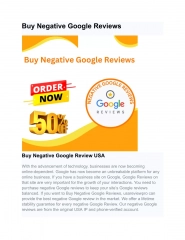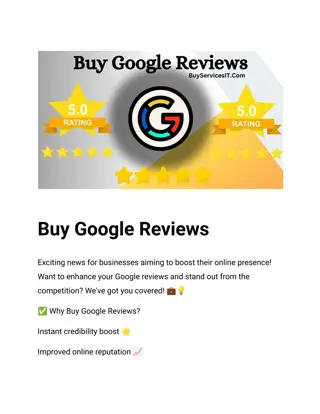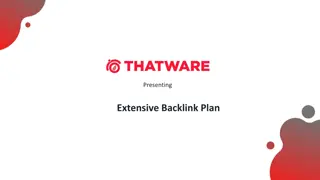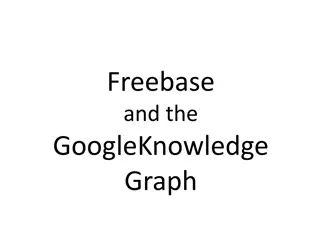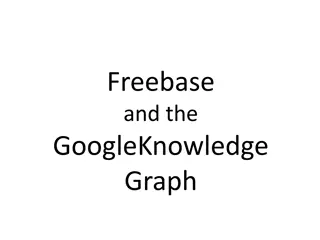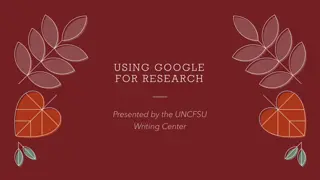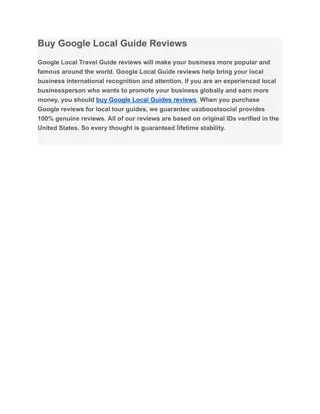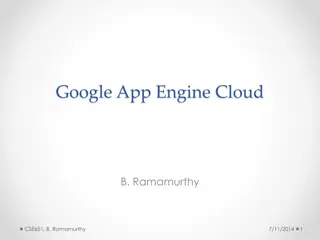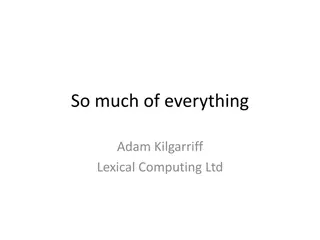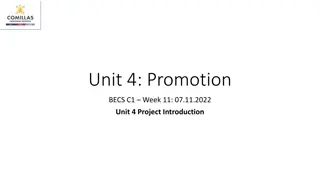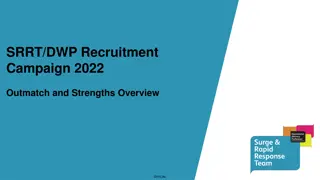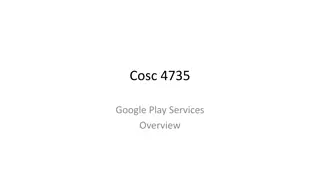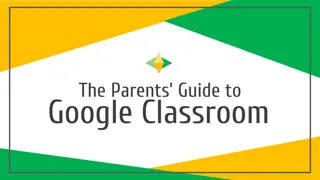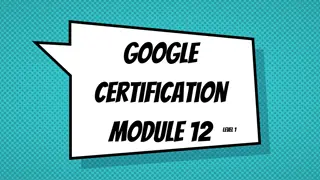Leveraging Google's Strengths for Web Presence
Google's dominance in web search is undeniable, with vast resources and capabilities that outshine most. To capitalize on this, it's wise to focus on making our content discoverable and usable online, leveraging tools like schema.org for better visibility and relevance.
Download Presentation

Please find below an Image/Link to download the presentation.
The content on the website is provided AS IS for your information and personal use only. It may not be sold, licensed, or shared on other websites without obtaining consent from the author.If you encounter any issues during the download, it is possible that the publisher has removed the file from their server.
You are allowed to download the files provided on this website for personal or commercial use, subject to the condition that they are used lawfully. All files are the property of their respective owners.
The content on the website is provided AS IS for your information and personal use only. It may not be sold, licensed, or shared on other websites without obtaining consent from the author.
E N D
Presentation Transcript
Understanding Schema.org Presenters: Dan Scott Systems Librarian Laurentian University Jason A. Clark Head of Library Informatics & Computing Montana State University June 29, 2014 Sponsored by ALCTS & LITA #alctsAC14
Context: Discovery Elsewhere Introduction of Speakers Jenn Riley Associate Dean, Digital Initiatives McGill University Co-Chair, ALCTS/LITA Metadata Standards Committee
Lets face it. Google is just BETTER at this than us.
They have: Large scale user behavio(u)r data More resources Integration with other data sources (browser, bookmarks, etc) More resources Ability to do real-time experiments at scale Did I mention they have more resources?
Heres a reality check about Google Crawls 20 billion pages per day4 A Knowledge Graph of 500 million things4 Nearly 50,000 employees3 $13.966 billion operating income in 20132 Made ca. 550 tweaks to their search algorithm in 20101 1. 2. http://www.wired.com/2010/02/ff_google_algorithm/all/1 http://www.sec.gov/Archives/edgar/data/1288776/000128877614000020/0001288776- 14-000020-index.htm http://investor.google.com/financial/tables.html http://searchengineland.com/google-search-press-129925 3. 4.
Why not leverage this rather than try to replicate it?
Library systems approach Web scale approach Record-based Index created from all possible sources Sorting Relevance ranking Boolean logic Vector spaces Teaching users to use the system Intelligence in the system
Nearly 40% of faculty1 89% of students2 84% of general public3 start discovery with a search engine 1. Ithaka US Faculty Survey, 2012 2. OCLC College Students Perceptions of Libraries and Information Resources, 2005 3. OCLC Perceptions of Libraries, 2010
So how do we leverage these strengths? Get our stuff out ON the web. Discoverable there. Usable there. schema.org is step one towards this goal
Remember this? From http://www.criticism.com/seo/dublin-core-metadata.php
Now were getting more granular And bringing in structured data From http://schema.org/docs/gs.html
Our Speakers Dan Scott, Laurentian University @denials Jason Clark, Montana State University @jaclark #alaac14 #alctsAC14 #schema
Thankyou for attending this ALCTS program Your feedback is important to us! Using the QR code or URL below please take a moment to complete a short online evaluation form and enter to win the ALCTS prize drawing. http://tinyurl.com/alcts-ac14-eval #alctsAC14


